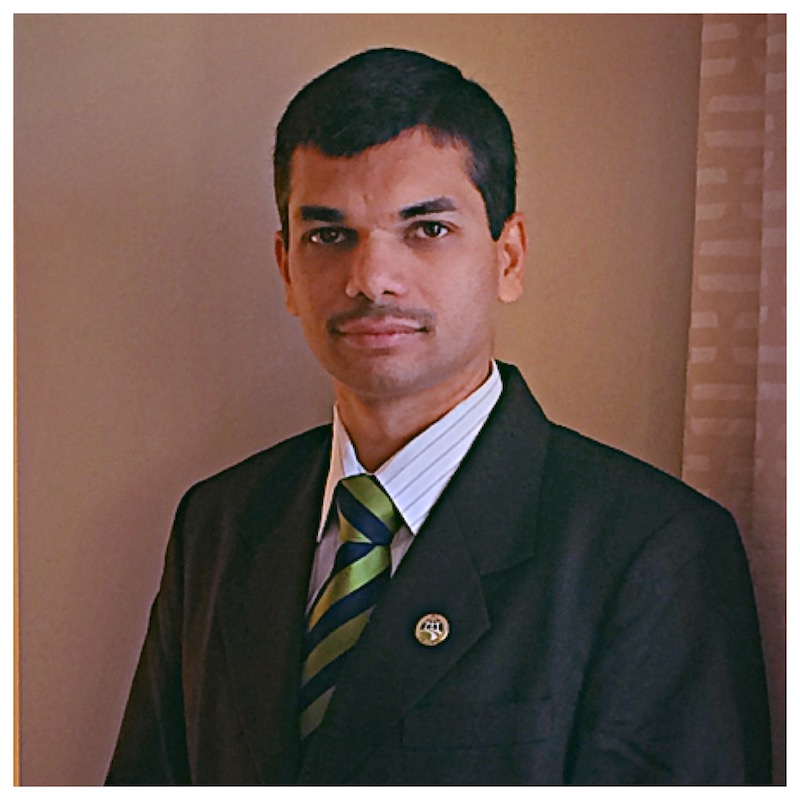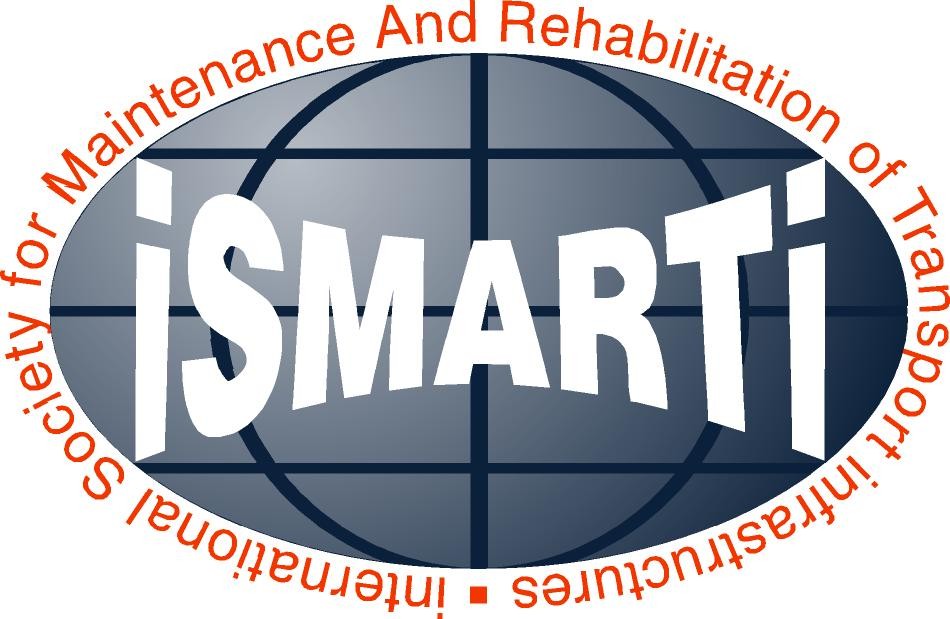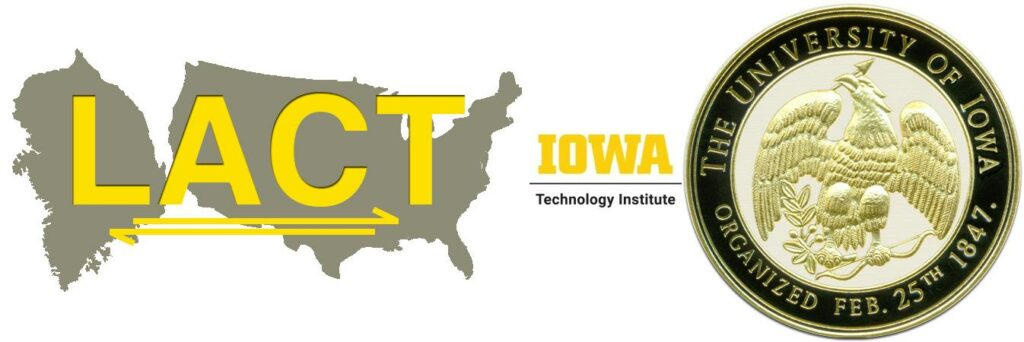
Krishna Prapoorna Biligiri is Associate Professor & Head of the Department of Civil & Environmental Engineering at the Indian Institute of Technology Tirupati, India. His interdisciplinary research and teaching experience include transportation pavement materials, design, maintenance, and rehabilitation; highway noise evaluation and modeling; sustainable & smart infrastructures. During the last eighteen+ years, he has been involved in several multi-million dollar national and international studies, which have primarily focused on circular economy and waste-to-wealth concepts. He was awarded the Asphalt-Rubber Ambassadorship for the Republic of India. He is chairman of the iSMARTi’s 2nd International Conference on Smart Cities (ICSC2) in Tirupati, India, February 19-21, 2025.
Invited Presentation Title: Integrating Mechanistic Roadway Designs with Lifecycle Assessment: Moving Towards Achieving Sustainability in Roadway Technology and ICSC2
Abstract: The invited presentation will highlight the futuristic framework to integrate materials for sustainability, asset management, and performance monitoring of smart infrastructure, with a focus on roadway pavement systems. The talk will discuss the various highway materials used worldwide that are energy efficient such as “asphalt-rubber” and “pervious concrete”. An introduction to both these special materials will be presented along with their field applications in the various pavement systems, which will emphasize the need for integrating product development and circular economy from lifecycle assessment perspective. The benefits of using the waste-to-wealth pavement materials to achieve sustainability in roadway technology will be detailed and scope for implementation worldwide shall be underscored. A review of the work conducted on understanding the mechanistic designs of climate resilient pavement systems shall be presented with quantifications of carbon footprint and carbon dioxide emissions due to production, transportation, placement, and recycling processes. In closing, the way forward to creating / manufacturing low-impact development materials and/or products shall be underlined seeking strong collaborations between academia and industry.


